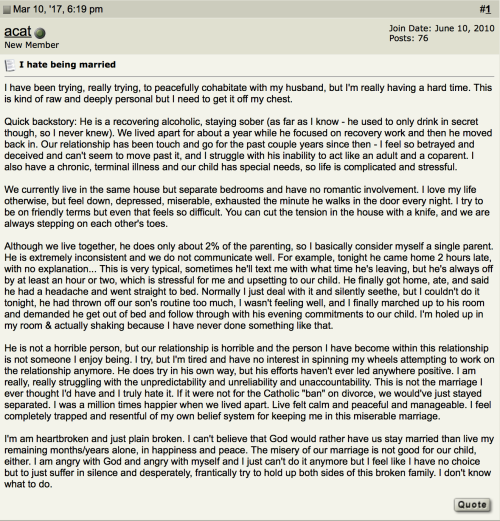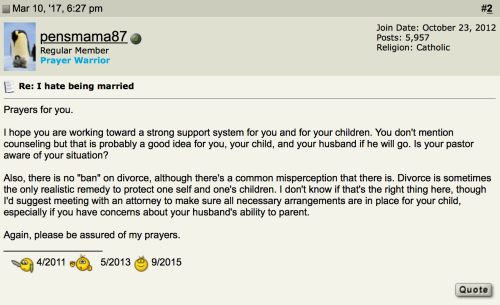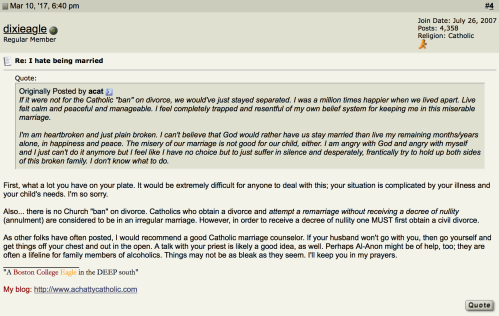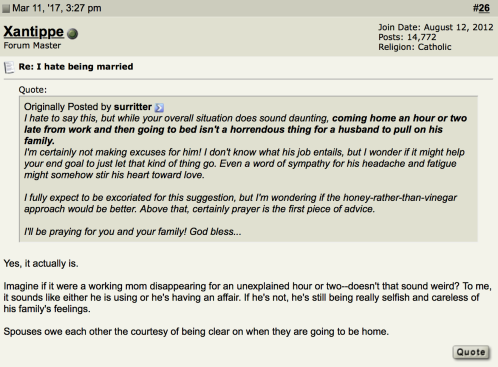Black Pill has a number of serious articles on what might be called lumpenproletariat white nationalism. He correctly identifies the loud and proud stormfront types as dishonest, and further deconstructs their ideology as a covert subset of feminism. Lots of people don’t like the author, but he did a great job in explaining the motivations of the most annoying faction.
Of course, not every white nationalist is a looney skinhead, looking for trouble (and another thirty-day stint in jail). Moreover, not everyone that society labels a White Nationalist actually is one. Steve Bannon isn’t a white nationalist, though The Huffington Shitpost has no problem attaching the label to him. I see no evidence that Charles Murray (the author of The Bell Curve) is a white nationalist, though the AP decided to libel him, for propaganda purposes, also. This sort of slant has distorted the lexical range of the term so tremendously that it is now almost meaningless. I will be a white nationalist, by the definition slung around in the media, simply for disagreeing with some unrelated trivial positions that our masters feel strongly about. I expect the New York Times to run my headline whenever I’m worth noticing.
So, how do we parse the serious white nationalists who differentiate themselves from the stormfront hammerskins? Some white nationalists seem very different compared to the male feminists who also share the label. I don’t pretend to know the answer. The only thing I try to consistently do is to respect people who self-identify. If someone tells me that he’s a white nationalist (or a Buddhist, or a Choctaw Indian) then I trust such a person to know enough about himself to identify himself correctly.
There are worse things than being a white nationalist. I have a personal acquaintance from my school days who got into a ton of trouble as a teenager. My understanding is that he went off to prison, where he was converted to some sort of European paganism. He self-describes as a white nationalist on social media (which is the only place I see him). He’s no longer burglarizing people’s sheds to get beer money, and he credits his faith as the reason. In this regard, it seems that white nationalism sometimes functions in the way the Nation of Islam can clean up African American criminals. If a love of the white race is what motivates you to stay off booze and dope, hold down a job, and be a respectable family man, then I’m all for it, and I’ll goosestep around with you out of respect.
Down below, Scott writes on “White Nationalists are (mostly) Losers“:
I’m not sure if I’m a white nationalist, but I can say that all things being equal I would prefer to live in a nation where my ethnicity is the majority, and where that majority is not required to prostrate itself in constant fear of being labeled “racist” by everyone else.
This is also known as being psychologically and sociologically normal.
If by “normal” we mean “usual” then I have to agree. People tend to like being around their own types, and no one wants to be discriminated against. It sounds, though, like you’re talking about narrow nationalism, rather than white nationalism. I have to note specifically the term “ethnicity” – which is not a synonym for “race”. There are plenty of blond white people in Syria, Afghanistan and Egypt, and I don’t really want a lot of them moving into my ‘hood, despite being racially akin to me. I don’t want them moving into yours, either. I’m sure they’re not all terrible, but they’re nothing like us, and language and religion are important. Different ethnic groups, even of the same race, often encounter problems sharing space.
Aside from the frankfurters, my own views are mediated by guys like Richard Rorty, György Lukács, and Francis Fukuyama. All of these guys predicted the rise of nationalism (as opposed to white nationalism) as a reaction to late-stage capitalism. Steve Bannon, who is by no means a white nationalist, is in fact a civic nationalist, and he’s an understandable synthesis to the currently collapsing political narrative.
The problem with nationalism in contemporary North America is the immense size of countries like the USA and Canada, coupled with the amazing mobility of its people. It used to be the case that we had regional identities, but those have largely been erased, not only through immigration, but through internal migration.
Even North American natives — white or black folks whose history in North America stretches back centuries — tend to move great distances for work, marriage, school and retirement. This leaves people uncoupled from community, and tends to deracinate even those people who sacrifice to stay on the land from which they were born. If your neighbors are constantly moving away and being replaced, then you become a foreigner in your hometown.
The centralization of capital also leads to a cultural homogenization. I remember, even ten years ago, when I’d find curious local shops and restaurants. These have largely been replaced by massive international chains. These megamarts will occasionally commercialize a reified simulacrum of some local culture, that once existed authentically, in their local branches, but the depiction is transparent and only done to maximize profits.
Not only do we not have community any longer, but we can’t really move anywhere to find it anew. The map has been redrawn, with huge, homogenous cities, all bearing the same vacuous pseudoculture, all featuring citizens who originated someplace else.
Thus I don’t have a lot of confidence that Bannon’s narrow, civic nationalism will be successful in saving America. If I had to guess, I’d predict that Texas and Québec would probably survive 200 years from now. Maybe there will be a nation of New England, and a nation of the American South, but the political and social climate in the rest of North America is sorta up for grabs.




